“Today was a very sad day. This morning we went to Blue magic wich is famous for lot of action and big stuff like grey reef sharks and oceanic mantas. We drop down to around 14-16 meter and I saw a dead shark on the bottom, i just thought it was a dead shark but then I came closer and realize it was finned, all fins was gone.”
This was a Facebook post written by diver Fredrick Jacobsen who posted the following images of the dead shark that he shockingly found at the bottom of the ocean in Indonesia in December 2015.

6 months later, as per a WWF study Indonesia unsurprisingly is named as the number one shark finning nation in the world. The sadder result of the study is – despite ban in shark fin export imposed by India in 2015, the country is still the 2nd largest shark finning nation in the world.
World Wildlife Fund (WWF) India announced on 14th July celebrated as Shark Awareness Day, that on the global list of shark finning nations, India featured as number 2. This slaughter is driven by foreign demands for shark fins and not national consumption.
The report pointed out that in India where catching sharks was once ‘incidental’, it has now turned into a ‘targeted’ occupation.
“Shark fishing in India has progressed from being incidental to targeted over the years. The transformation occurred only during the 1990s due to increasing demand in the international market which has caused serious concerns about the sustainability of these catches… Mechanised trawl nets, gills nets and line gear operations contribute to maximum exploitation,” said the report.
What is Shark Finning?
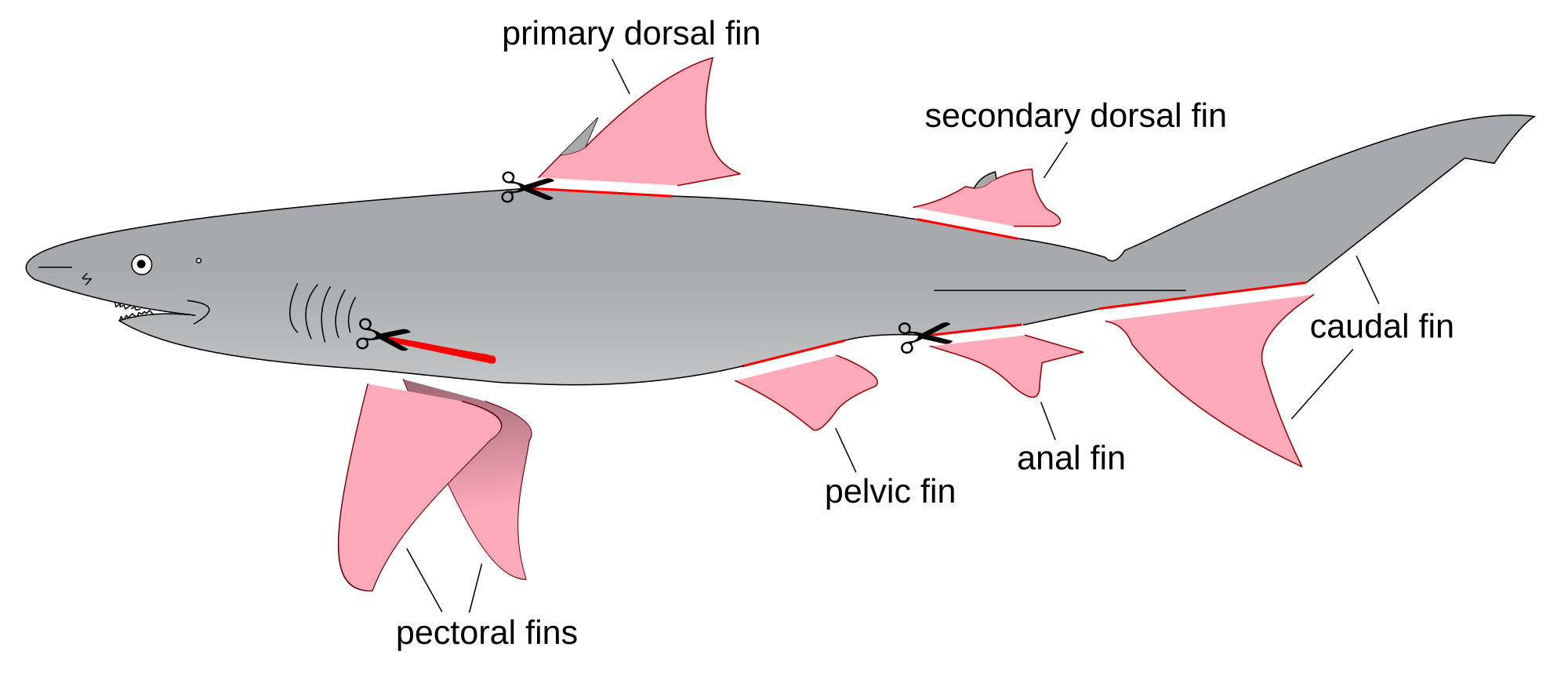
Shark finning refers to the removal and retention of shark fins while the remainder of the shark is discarded in the ocean. Sharks returned to the ocean without their fins are often still alive; unable to move effectively, they sink to the bottom of the ocean and die of suffocation or are eaten by other predators as Fredrick found in Indonesia.
Protection Of Sharks in India
Indian coastal waters are home to 88 species of shark which include the rare Whale Shark, Pondicherry Shark, Ganges River Shark and the Speartooth Shark. All these sharks and the rest are protected under the Indian Wildlife Protection Act of 1972. Hunting, exploitation and trade of the species is strictly banned.
Additionally as per the ban imposed in February 2015, India’s Ministry of Commerce and Industry issued a notification prohibiting the export of shark fins of all species of sharks.
Read here: India Ends Brutal Slicing Of Shark Fin, Why It Matters
Based on the latest report however, around one in four species of sharks, rays and skates is now considered to be “threatened”, primarily due to overfishing and India is playing a major role in the decimation of the world shark population!
As per The Time, between 2000 to 2011, Indonesia caught an average of 109,000 metric tons of sharks every year, followed by India at 74,000 metric tons. Altogether the two countries’ shark haul comprises 20% of the global catch.
More Related Stories,
iShark Fin For Better Protection Of Endangered Sharks
From Vulnerable To Endangered, Whale Sharks Closer To Extinction





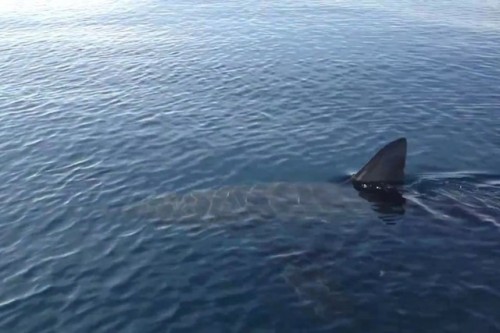
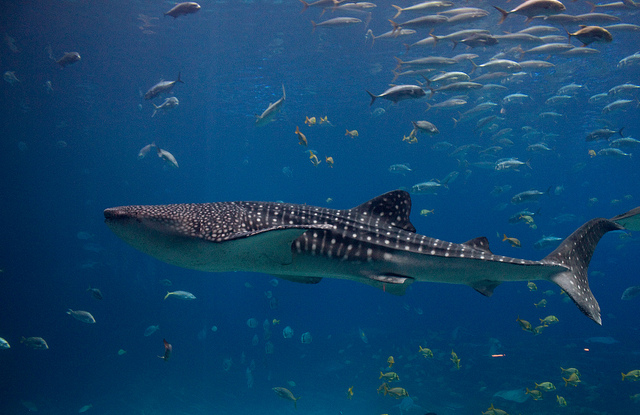

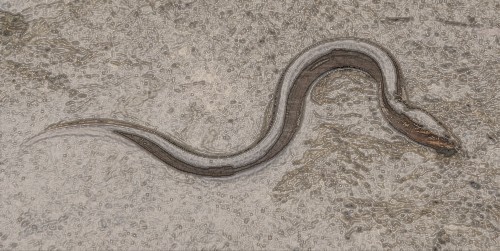
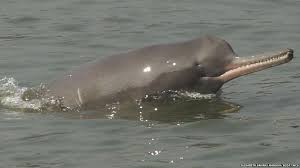
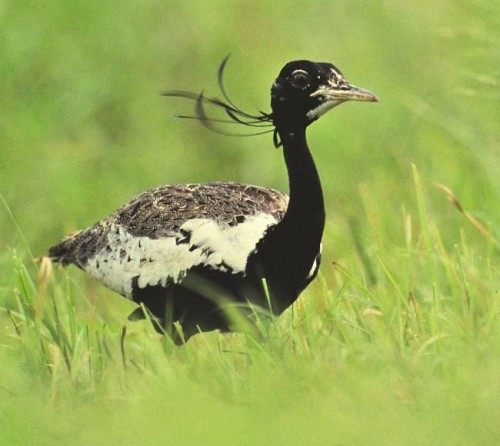
One thought on “‘Targetted’ Shark Finning In India A Threat To Global Shark Population”